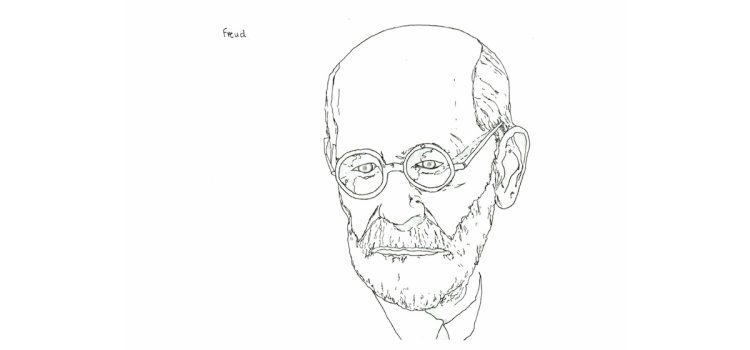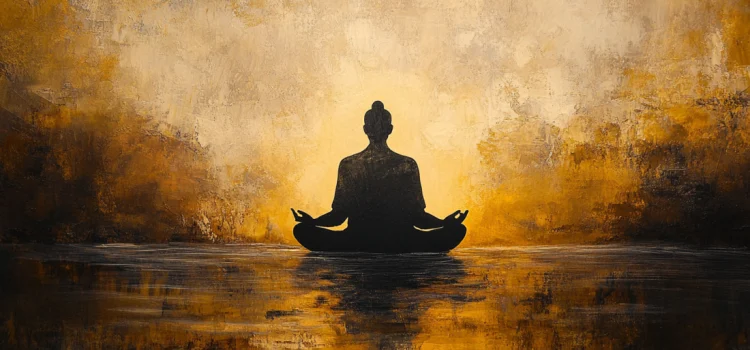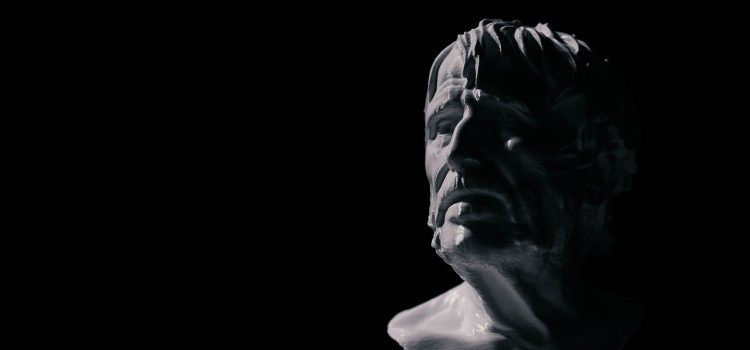How much control do you truly have over your thoughts and actions? What happens when your unconscious mind influences decisions you believe you’re making consciously? For Sigmund Freud, determinism was an inescapable reality. The concept seemed to fit well with his ideas about the unconscious mind. But, he also believed that we can gain some control over our lives through understanding the hidden influences of unconscious forces. Keep reading to discover how the relationship between your conscious and unconscious mind might be more complex—and more fascinating—than you realize.
Freud: Determinism Is Real, But We Have Some Control










